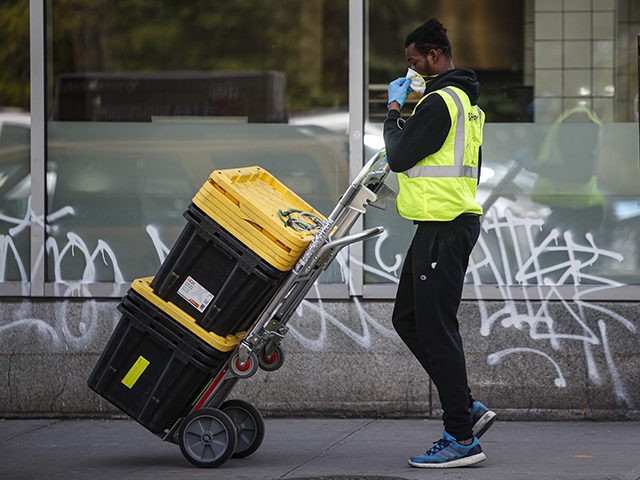The current economic crisis differs from any other in American history, so it demands a policy response that’s innovative enough to address it.
The Paycheck Protection Program (PPP), which passed Congress last week and takes effect today, offers unprecedented support for small business owners to help them maintain operations and keep their employees throughout this economic turmoil. It positions small businesses to drive the nation’s economy back to its historic heights once the coronavirus threat is neutralized.
Unlike previous economic crises, when many firms lacked solvency, this downturn has sapped business liquidity as quarantines disrupt supply chains and keep customers at home. We have heard from numerous employers nationwide who were enjoying record business activity just weeks ago and are now on the verge of bankruptcy. With the PPP’s help, these small business job creators will quickly bounce back.
The PPP floats the nation’s drowning small business community with $349 billion worth of forgivable loans to cover operational expenses for the next two months. These loans turn into grants to the extent that employers maintain their payroll and compensation levels.
This stimulus provides small businesses with the liquidity they need at no cost. It keeps much of the nation’s workforce employed. And it allows the heart of the economy to quickly beat again when the virus is defeated.
The PPP’s forgivable loans are available to all types of small businesses with fewer than 500 employees, including partnerships, nonprofits, sole proprietors, and gig workers. Restaurants and hotels, which have been especially hard hit, only need to have fewer than 500 employees per physical location.
The funds are capped at employers’ average monthly payroll costs from last year (excluding employee compensation above $100,000) plus an additional 25%. The maximum payout is $10 million. In addition to payroll costs, this money can be used to cover rent, utilities, and mortgage interest.
Recognizing the hurdles posed by traditional government bureaucracy, PPP payouts are designed to be streamlined and straightforward. They can be obtained through most major financial institutions with a good faith understanding of economic hardship. Small businesses neither must personally guarantee their loans nor first seek credit elsewhere. Economic Injury Disaster Loans, which many small businesses have already taken out before last week’s stimulus passed, can easily be refinanced into PPP forgivable loans.
We believe in capitalism and American ingenuity. It is only a matter of time before entrepreneurial medical researchers come up with clinically proven coronavirus treatments that will allow the current quarantines to end. Until then, the PPP provides small businesses with the resources to bridge this temporary crater between economic peaks. And it will enable the nation’s workforce, half of which is employed by small businesses, to collect paychecks, not unemployment checks.
This stimulus differs from those of the past that tacitly rewarded businesses for bad decisions such as irresponsible and predatory mortgage lending. Today’s small businesses did nothing to deserve their current fate, and they do everything to warrant the public’s admiration. This respect will only grow in the coming months as they begin to catapult the American economy back to its rightful position with an assist from the PPP.
Former Speaker of the U.S. House of Representatives Newt Gingrich is the host of the “Newt’s World” podcast and author of the New York Times bestsellers “Understanding Trump and Trump’s America.” Alfredo Ortiz is the president and CEO of the Job Creators Network.

COMMENTS
Please let us know if you're having issues with commenting.